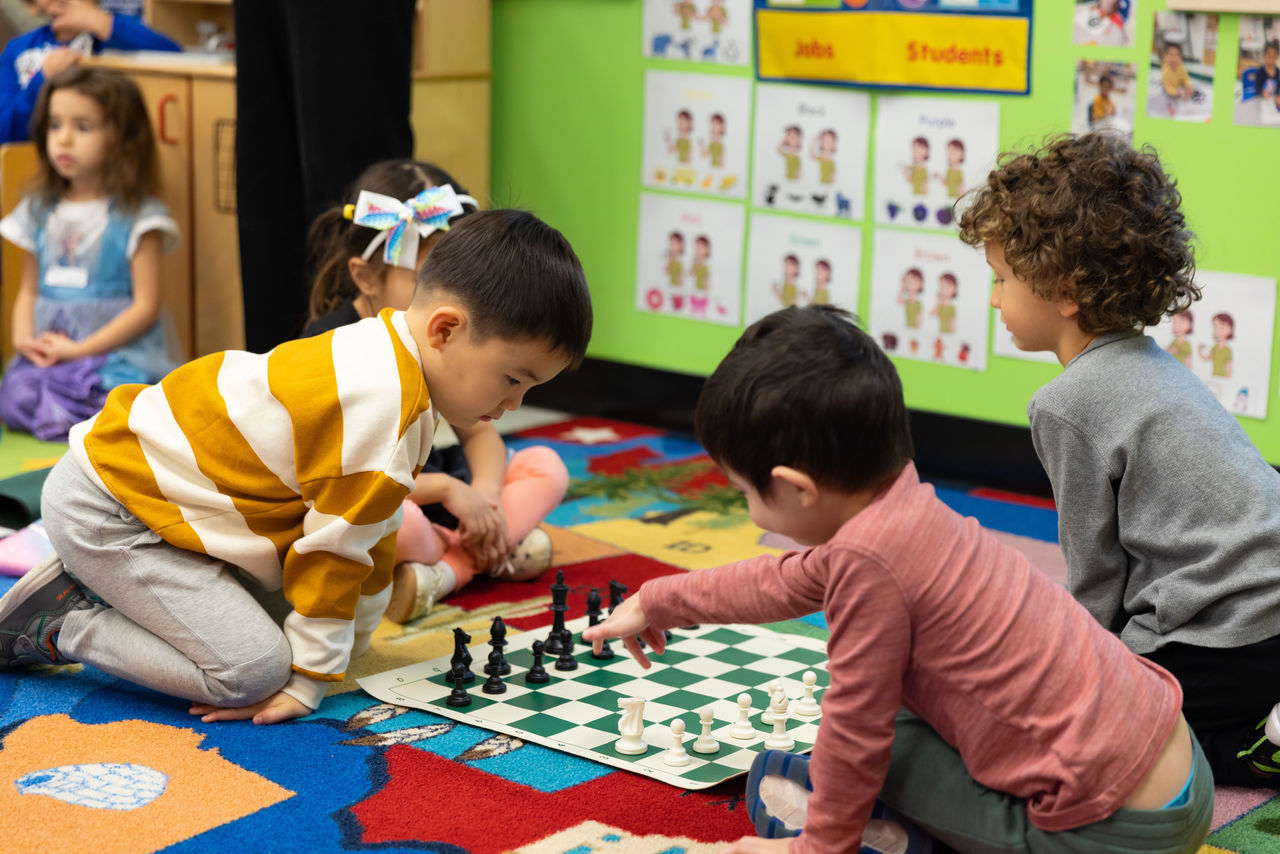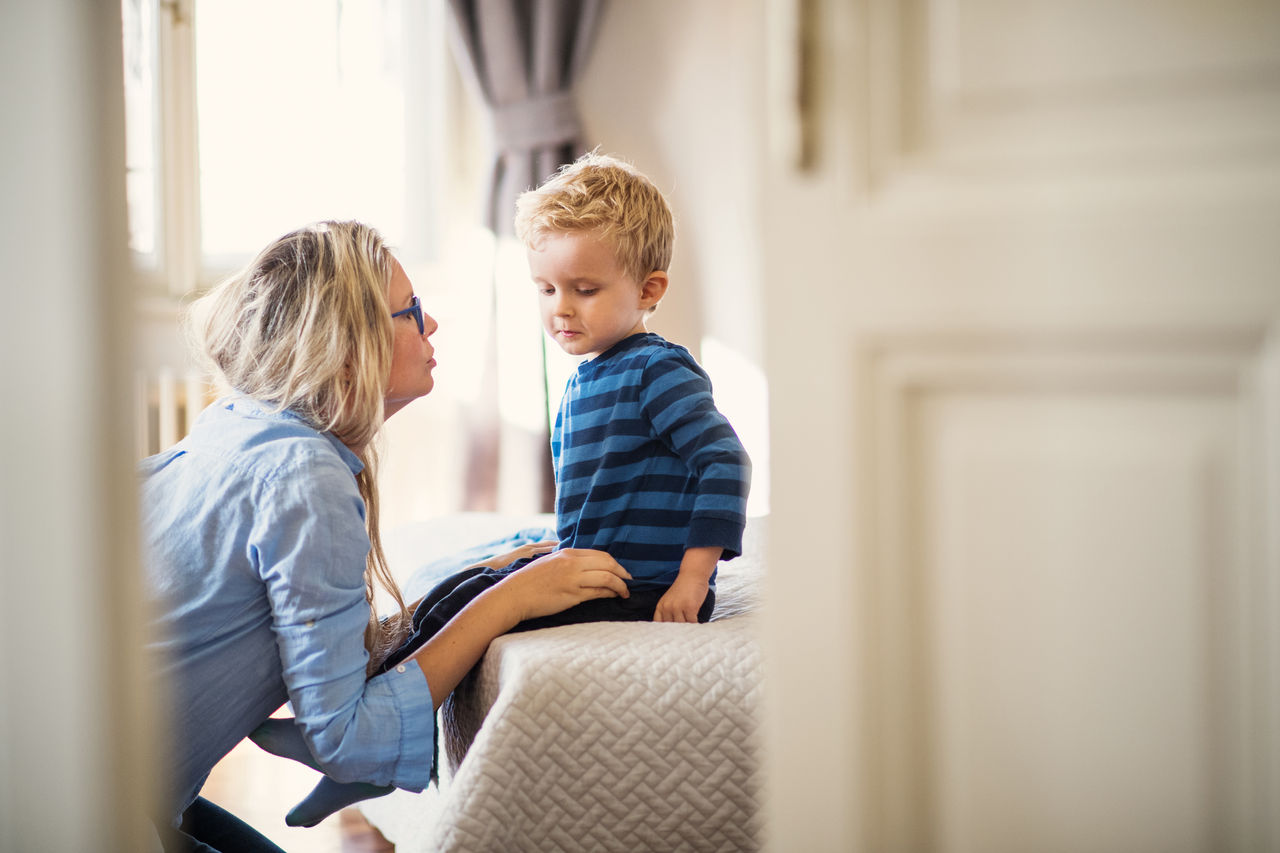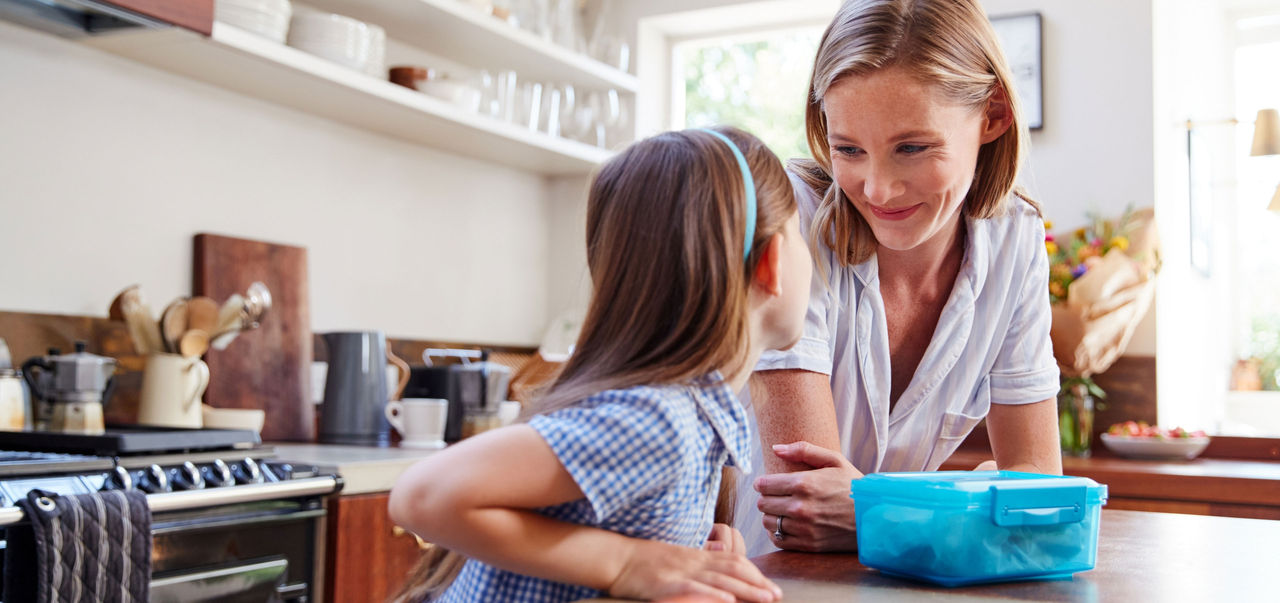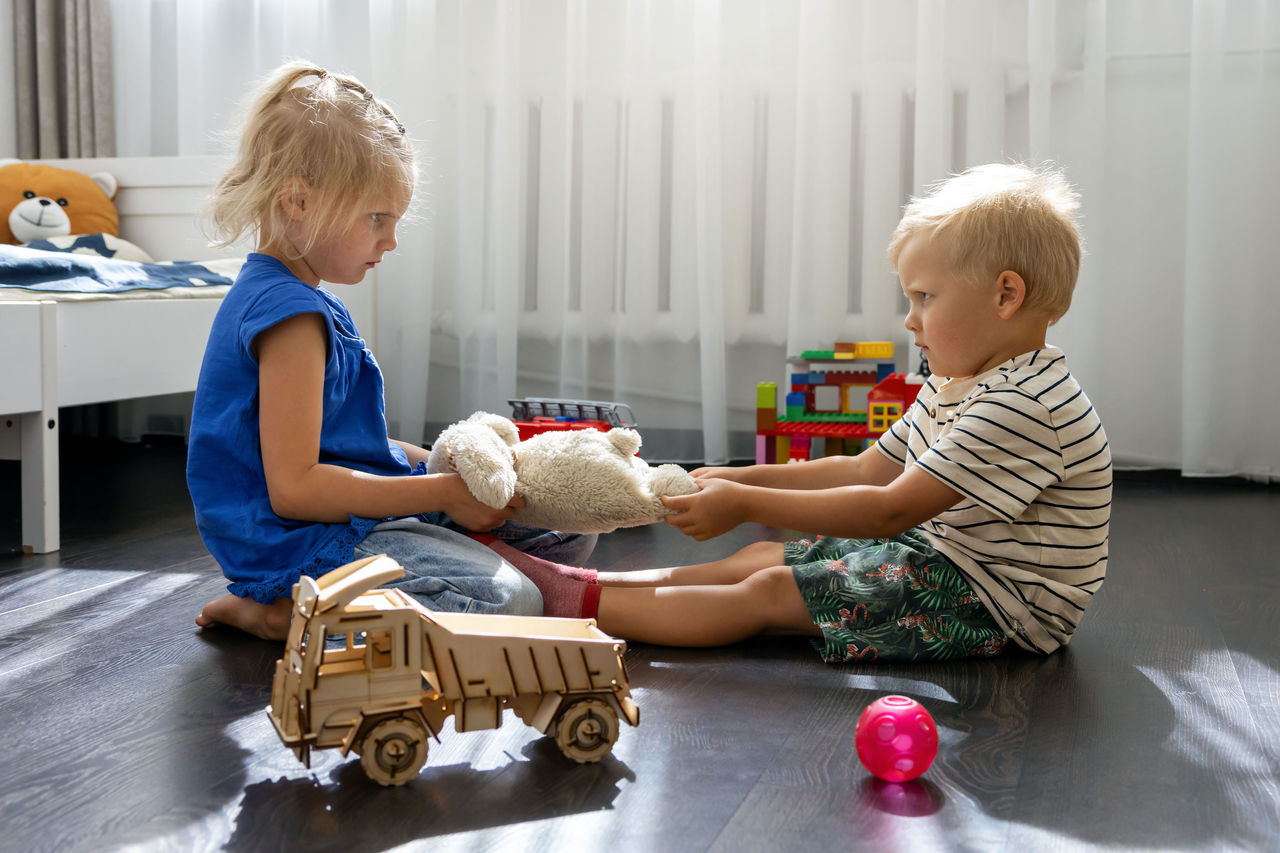Being a part of a team, whether it is a sports team or a debate team, can cause the competitive side of children to surface. There is value in talking to your child about being a good sport both in winning and in losing. Emphasize the old saying, “there is no I in team.” Explain to your child that teams work together, win together and sometimes lose together.
Learning to display good sportsmanship both when winning and when losing is a valuable life lesson. Our natural reaction is to be excited about winning, which sometimes can result in bragging. The act of being happy without bragging to others is an important skill. Our natural reaction to losing is to be upset, and this may cause us to place the blame on a someone. The skill is remembering that it is okay to be upset without blaming yourself, your teammates or members of the opposing team. As parents, we see our children as MVPs (and of course they are), but we should support our children and teach them to be happy for the winning team and be humble when their team wins. A great strategy is to encourage your child to move forward and start preparing for future games.
When your children sign up to be on a team, remind them that winning is not the most important goal. It is more important for them to do their best and to work with the other team members to create a fun environment for all the children, their parents and the community.




